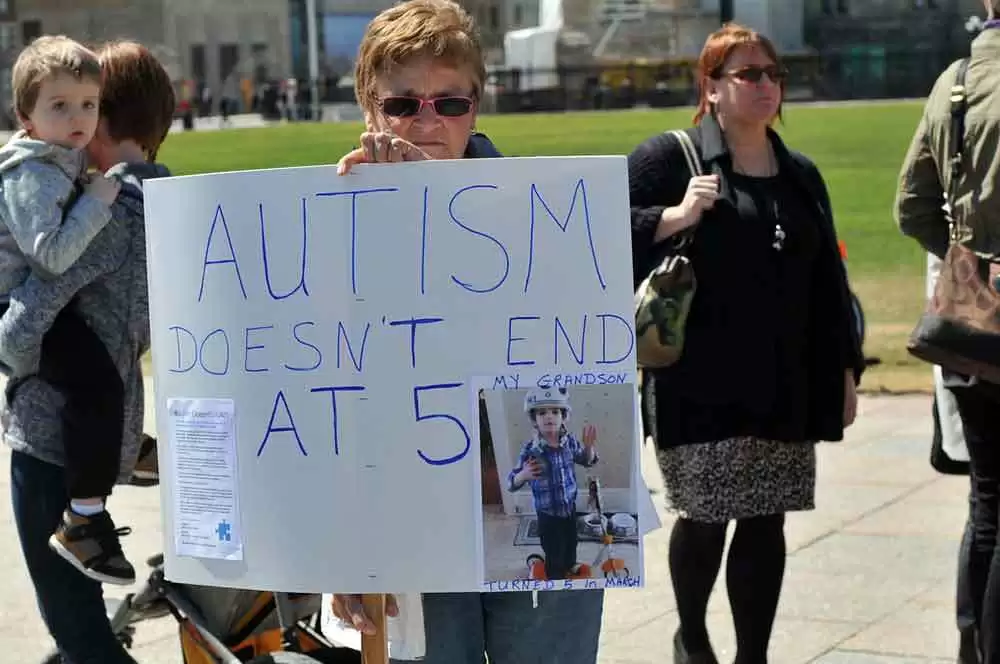
Celiac.com 02/28/2020 - Because therapies for people with autism spectrum disorders (ASD) are limited, alternative approaches, including dietary treatments, such as gluten-free and casein-free diets receive a good deal of attention from people looking for ways to improve the condition. However, the data so far have not shown the gluten-free diet to be effective in changing behavior in people with autism spectrum disorder.
A team of researchers recently set out to assess the effects of a gluten-free and casein-free diet on behavior disorders in children and adolescents diagnosed with autism spectrum disorder, and to look at the possible connection with levels of urinary beta-casomorphin.
Celiac.com Sponsor (A12):
The research team included Pablo José González-Domenech, Francisco Díaz Atienza, Carlos García Pablos, María Luisa Fernández Soto, José María Martínez-Ortega, and Luis Gutiérrez-Rojas. They are variously affiliated with the Child and Adolescent Mental Health Unit, Virgen de las Nieves University Hospital, Granada, Spain; the Department of Psychiatry, University of Granada, Granada, Spain; the Department of Medicine, University of Granada, Granada, Spain; the Psychiatry Service, Hospital Clínico San Cecilio, Granada, Spain; and the CTS-549 Research Group, Institute of Neuroscience, Granada, Spain.
Their team enrolled thirty-seven patients for the crossover trial. Each patient ate both a normal diet that included gluten and casein for 6 months, and a gluten-free and casein-free diet for another 6 months.
The diets were assigned randomly, so half of patients began with gluten-free diet, and half began with regular diet, then the two switched at six months. The team assessed patients at the beginning of the study, after the normal diet and after the gluten-free and casein-free diet.
At each time period, the team measured urinary beta-casomorphin concentration, and patients completed questionnaires regarding behavior, autism and dietary adherence.
The team found no significant behavioral changes and no connection with urinary beta-casomorphin concentrations after six months of gluten-free and casein-free diet.
The 6-month gluten-free and casein-free diet led to no significant changes in behavioral symptoms of autism spectrum patients, and no changes to urinary beta-casomorphin levels.
The team is not saying definitively that gluten-free and casein-free diets don't help some patients with autism spectrum disorder, but they are calling for further studies with a long follow-up period similar to ours and including placebo and blinding elements to help to identify patients who might improve on gluten-free and casein-free diets.
Read more in the Journal of Autism and Developmental Disorders volume 50, pages 935–948 (2020)









Recommended Comments
Create an account or sign in to comment
You need to be a member in order to leave a comment
Create an account
Sign up for a new account in our community. It's easy!
Register a new accountSign in
Already have an account? Sign in here.
Sign In Now